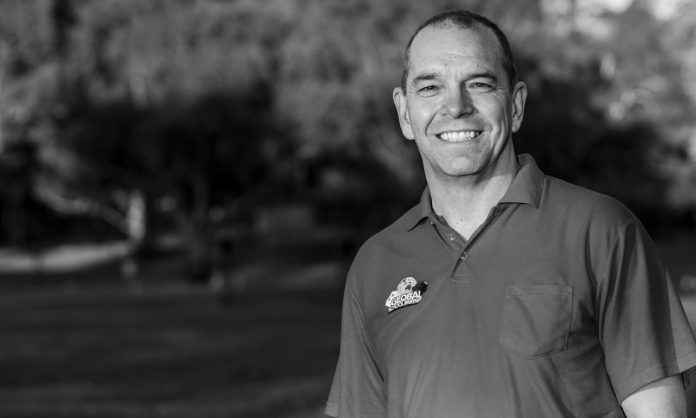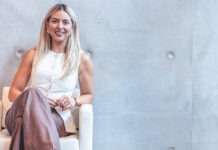After more than 20 years in pharmacy, Zimbabwe-born Simon Carroll MPS was ready for a change: he sold his nine pharmacies, completed a master’s degree in marketing and started a charity to support school children in Africa. But his passion for pharmacy hasn’t gone away.
AP: What are you most excited about in community pharmacy?
SC: Pharmacists being repositioned as healthcare providers. We’re seeing that with pharmacists working in General Practices and with vaccinations coming into play. As that role expands and we get better acceptance – from consumers and other health professionals – I think that’s enormously exciting.
AP: What are the biggest challenges or recurring problems you see in your work with pharmacies?
SC: One is their workflows don’t allow them the time or opportunity to provide professional services because they’re too involved in the dispensary. Often their delegation is poor or the layout of the pharmacy doesn’t assist them.
The other thing is having a supply or transaction mindset. Don’t get me wrong, it’s 100% important to get the prescription right. But sometimes the paper is the priority, rather than the person – they lose sight of patients.
AP: What changes would you like to see in the industry?
SC: The market is really differentiating into price versus service. A lot of people are sitting on the fence trying to do both. I don’t think they’ll survive in the long term.
Pharmacy has got to work to integrate itself deeper into the Australian healthcare system so we become a viable alternative not just for vaccinations, but also for screening; so that pharmacists are seen more as health professionals, not retailers.
AP: How did you come to be the CEO and founder of Global School Partners?
SC: In 2009 my wife, Jann, went back to South Africa and volunteered as a teacher. Some of the boys in her class weren’t allowed to go to school because they didn’t have shoes.
It turned out the shoes had been stolen and their parents couldn’t afford new ones. So Jann bought them shoes for $10 each and they were back at school the very next day.
We thought, ‘this is just crazy! There must be other ways we can help’.
AP: How has the organisation grown since?
SC: We now partner 22 schools in Australia with 22 in Africa. The children correspond with each other, as do teachers and we deliver health and education projects, including resources.
We’ve installed water tanks, wells and toilets in schools in Africa and in some cases we’ve seen a 70% reduction in student absenteeism due to illness.
We’re also working with Pad Heaven in Kenya to provide education, mentoring support and washable sanitary pads for girls who often miss a week of school every month due to their menstrual cycle. This program achieved an 88% reduction in absenteeism in our 2017 trial.
Simon Carroll, the director of S&J Carroll Consulting, will be speaking about point-of-care testing at PSA18, from 27–29 July in Sydney. To find out more or view the full program, visit psa18.com


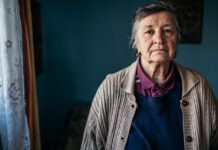
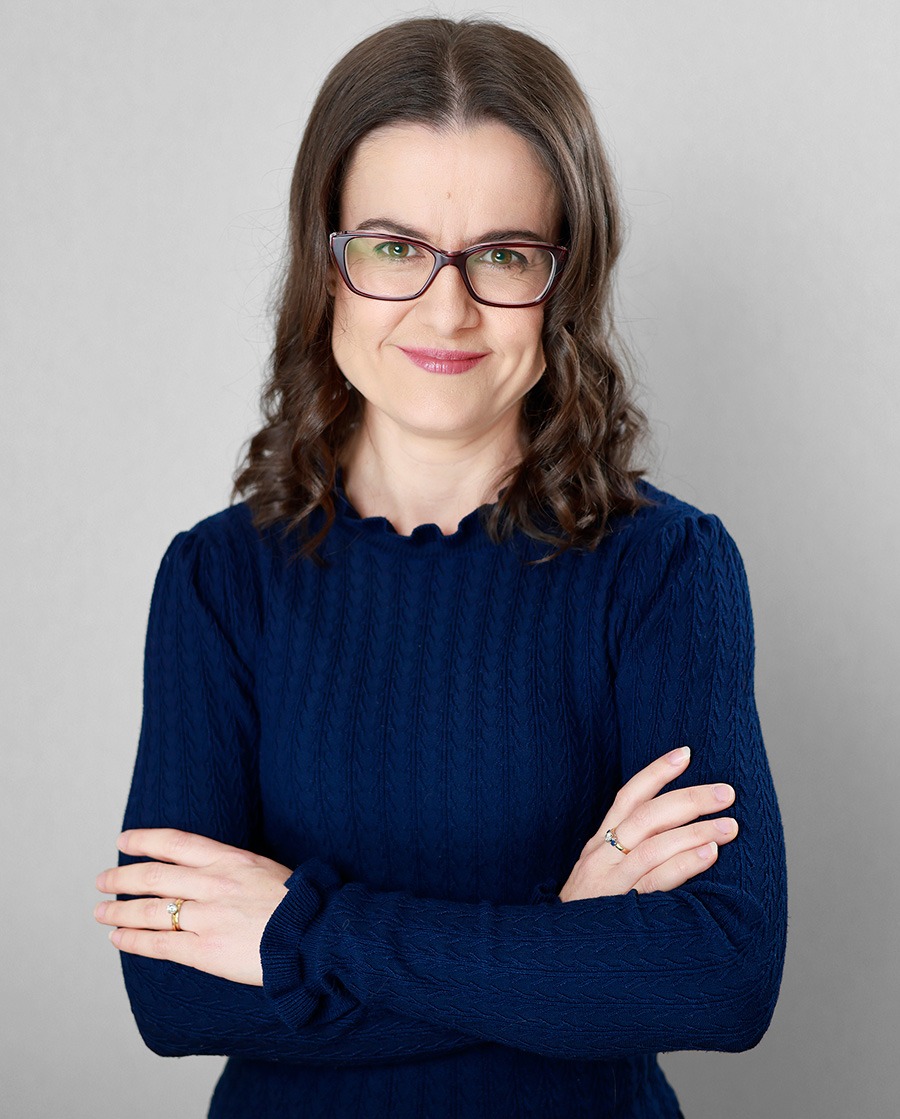 Kelly Abbott MPS[/caption]
Kelly Abbott MPS[/caption]
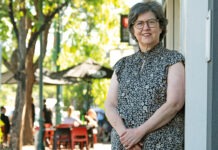

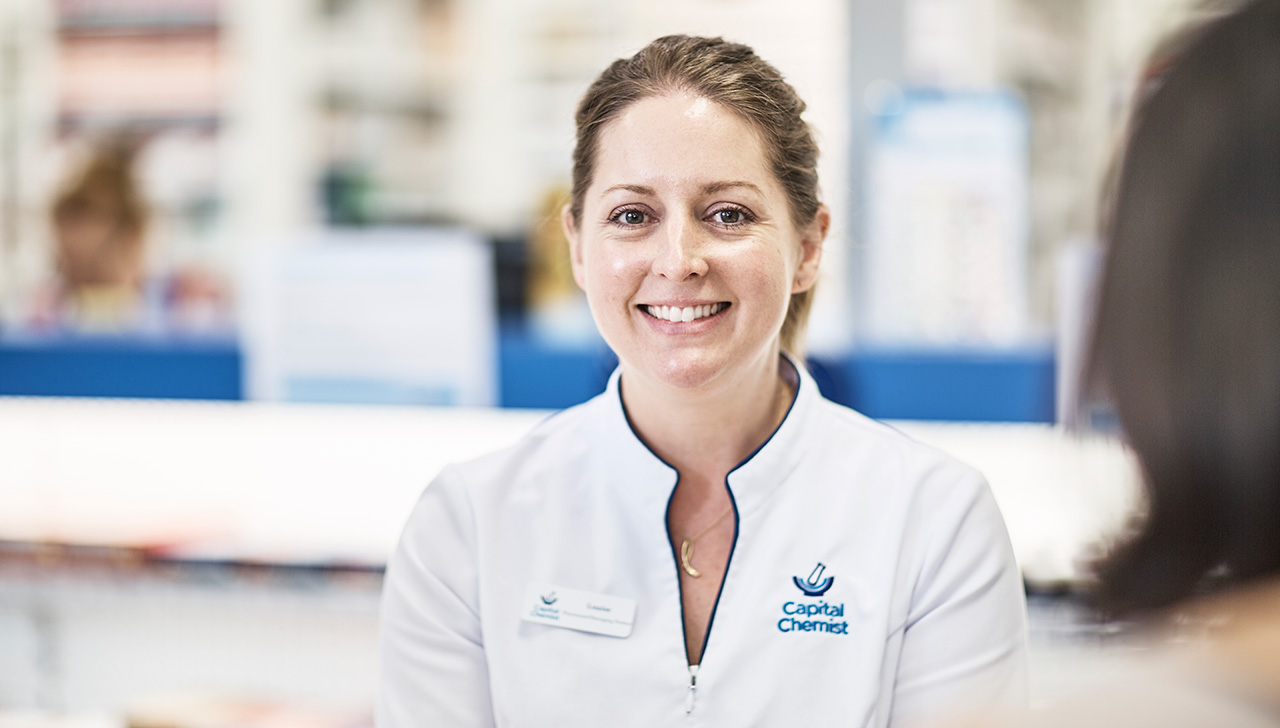 Owner of Canberra's Capital Chemist Southlands Louise McLean MPS.[/caption]
Owner of Canberra's Capital Chemist Southlands Louise McLean MPS.[/caption]

 Supplied by CSL Seqirus[/caption]
Supplied by CSL Seqirus[/caption]

